WHAT IS CANINE RESPIRATORY CORONAVIRUS?
Canine respiratory coronavirus is a respiratory virus that is genetically related to the human coronavirus that causes the “common cold” in people. It is an emerging respiratory infection of dogs. It is not to be confused with the intestinal disease, canine coronavirus.
WHAT DOES CANINE RESPIRATORY CORONAVIRUS CAUSE?
Canine respiratory coronavirus can cause an acute respiratory infection, and is part of the viruses and bacteria associated with canine infectious respiratory disease or “kennel cough”. It can occur alone, but also occurs in co-infections with other respiratory pathogens.
IS MY DOG AT RISK?
The risk for canine respiratory coronavirus is highest when large number of dogs are housed together in close confinement, such as boarding, shelters, and dog shows. Dogs of all ages and breeds are susceptible.
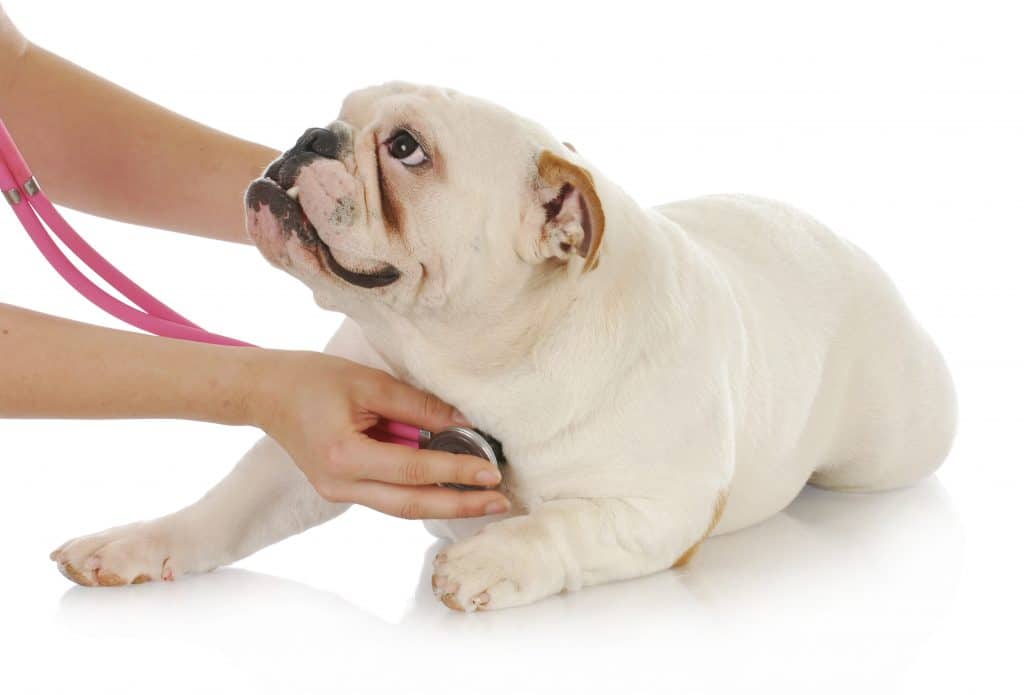
HOW IS IT TRANSMITTED?
As with most respiratory pathogens, this virus is highly contagious and is spread by direct dog-to-dog contact, aerosols of respiratory secretions, and contact with contaminated environments or people. The most common transmission occurs by direct contact with infected dogs and by aerosols generated by coughing and sneezing. The virus can also contaminate food and water bowls, collars and leashes, and the hands and clothing of people who are handling the infected dogs.
WHAT ARE THE SYMPTOMS?
Most dogs will have a mild cough, sneezing, and nasal discharge. Some dogs may have no clinical signs, but they may shed the virus that could infect other dogs. A small percentage of infected dogs have progressed to pneumonia, especially if co-infected with other respiratory pathogens. The incubation period from exposure to disease in unknown, but may be a few days. The number of days that the virus may shed is also unknown. The symptoms typically resolve after 1-2 weeks.
HOW IS CANINE RESPIRATORY CORONAVIRUS DIAGNOSED?
Almost all respiratory and bacterial pathogens grouped within the canine infectious respiratory diseases cause similar signs of coughing, sneezing, and nasal discharge. Therefore canine respiratory coronavirus cannot be diagnosed solely based on symptoms. To receive definitive diagnosis nasal and throat swab should be collected from dogs with symptoms and submitted to an outside laboratory.
WHAT IS THE TREATMENT FOR CANINE RESPIRATORY CORONAVIRUS?
There is no specific anti-viral therapy for this virus. Treatment consists of supportive therapy based on symptoms. Antibiotics may be needed if there are signs of secondary bacterial infection. Since this virus is highly contagious, isolation of infected dogs is necessary to minimize the spread of disease. The quarantine time is unknown, but an estimate would be 3 weeks. Co-infection with other pathogens will extend the quarantine time since some viruses can shed for months.
IS THERE A VACCINE FOR CANINE RESPIRATORY CORONAVIRUS?
At this time, there is no vaccine to prevent infection or reduce symptoms. Canine respiratory coronavirus is not related to the canine GI coronavirus, therefore vaccine for canine enteric coronavirus are not effective. Studies have shown that this infection does generate antibodies which reduce the risk for re-infection or reduce the symptoms if infection does occur. The duration of infection-induced immunity is unknown.
HOW TO YOU MANAGE THE INFECTION WITHIN THE ENVIRONMENT?
Sick and exposed dogs should be isolated. Clothing should be changed and hands should be washed after handling these dogs. The length of time this virus persists in the environment is unknown, but it may last for several hours. Most viruses are inactivated by common disinfectants. Dry thoroughly after cleaning.
HOW IS THE VIRUS PREVENTED?
Even though there is no vaccine for this virus, dogs in boarding kennels, shelters and dog shows should be vaccinated against other respiratory pathogens for which vaccines are available. This will reduce the co-infection with these other pathogens. Dogs with respiratory infections, or exposed to other dogs with respiratory infection should not be taken to social areas with other dogs. People in contact with infected dogs should avoid handling other dogs or at least wash their hands and change their clothes before doing so.
References:
1. Cynda Crawford, DVM, PhD. Canine Respiratory Coronavirus FAQ. AVMA April 2008
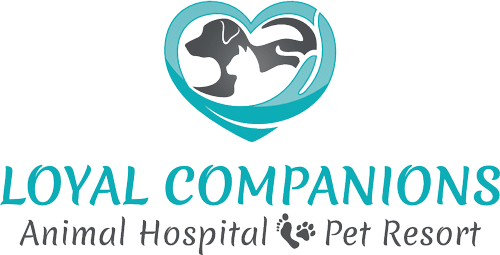
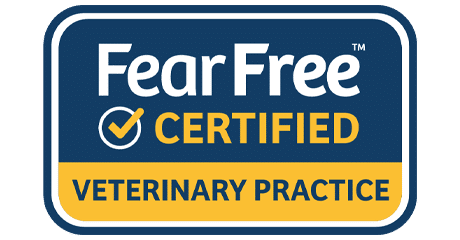
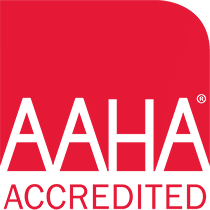
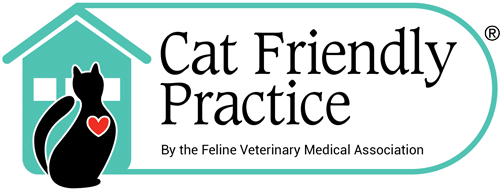



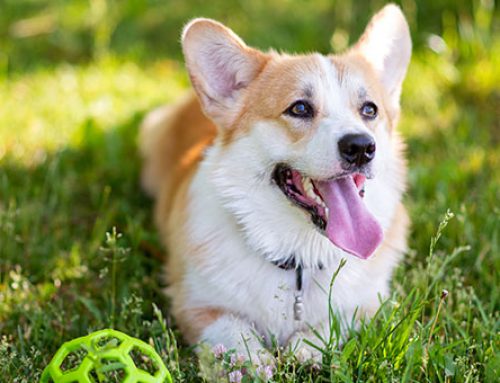








Leave A Comment